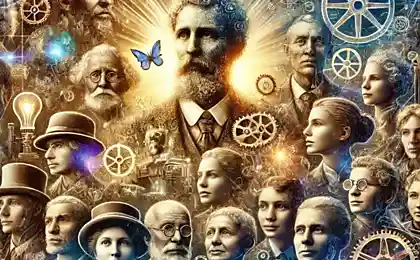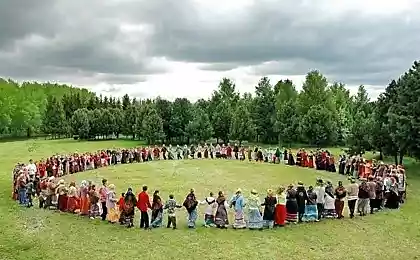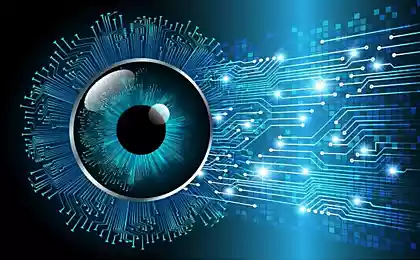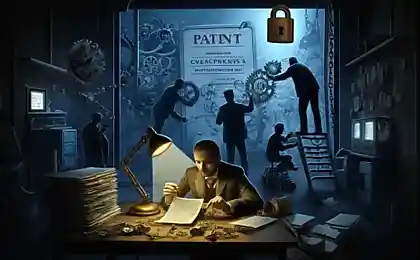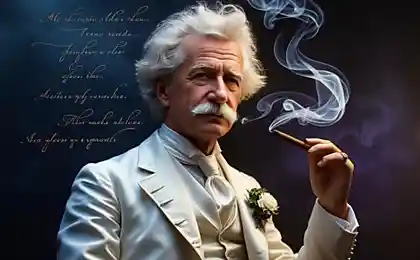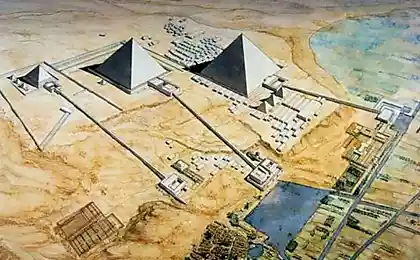278
Great ideas from the ancient world that we still use

At first glance, modern culture and technology look unique and completely new. But if you look at the origins of many concepts – from management models to engineering solutions – it turns out that the origins of many ideas go back centuries. It is amazing how many ingenious inventions were developed in the ancient world, in ancient China, India and even in pre-Columbian civilizations. These findings and ideas are still the foundation of our life, science or society.
In the pages of the Encyclopedia Britannica and in historical monographs, you will find many examples of how the principles of water supply, methods of writing, political structure or philosophical doctrines formed in ancient times were rethought over and over again and gave rise to modern analogues. In this article, we’ll look at just a few such iconic ideas and inventions to show that “new” is often a reimagined version of “old.”
The material is aimed at a wide adult audience interested in history, culture, technology and seeking to understand where the usual things and concepts came from. It is written in a popular science style, close to the expert level, but at the same time accessible and fascinating. We will not bind ourselves to the specific events of the present day so that this review remains relevant in any context, because the legacy of great civilizations is eternal.
1. Democracy and Early Political Institutions
One of the great ideas of the ancient world is democracy, a system of government in which power belongs to the people. Of course, ancient Greek democracy was far from modern: it involved only free men with civil rights, and social inequality remained enormous. Nevertheless, the very principle of collective decision-making, the election of officials, the discussion of laws in the council of citizens proved so powerful that it became the "ancestor" of modern parliamentary republics.
- Athens as the "progenitor": In the fifth century BC, the citizens of Athens participated in the Ecclesia (people's assembly) and decided fateful issues, from military campaigns to public buildings.
- Development: Later Roman administration with its Senate and magistrates, as well as communal structures in the Middle Ages, became an evolution of ancient ideas. The modern parliament has largely inherited a debatable principle and transparency (albeit a modernized one).

2. Engineering heritage: water pipes, roads, sewers
If we talk about the engineering solutions that we use today, it is impossible to ignore the achievements of ancient civilizations. Ancient Roman aqueducts, for example, were ingenious structures that delivered water to cities and public baths. This idea dramatically improved hygiene and quality of life.
- Aqueducts and Roman roads: Roman roads paved with stone provided fast communication throughout the empire. Some parts of these roads have been preserved and are even used as historical routes. Aqueducts, using gravity, could deliver water for tens of kilometers without pumps.
- Sewerage in Mesopotamia: In ancient Mesopotamia, wastewater systems already existed, which indicates a high level of understanding of sanitation. Such principles lay the foundation for modern housing systems.
3. Medicine: From Ayurveda to Hippocrates
The modern healthcare system, with clinics, universal medicines and surgical standards, is the result of a continuous accumulation of knowledge over thousands of years. Ancient civilizations also made important contributions:
- Ayurveda (India): A comprehensive medical system describing the principles of balance of doshas (Vata, Pitta, Kapha), nutrition and lifestyle. Many herbal recipes and general understandings about the balance between body and mind have found application in modern naturopathy.
- Hippocrates and Western Medicine: The ancient Greek physician Hippocrates (460-370 BC) preached the idea of a “delicate” approach to treatment, emphasizing nutrition, regimen, moderate physical activity. He is known as the “Father of Medicine” who laid the foundations for clinical observation.

4. Writing and counting systems
Although we are used to the modern digital age, the fundamental structure of writing and numbers dates back to ancient civilizations.
- Cuneiform, hieroglyphs and alphabets: The Sumerians, Egyptians, and Phoenicians invented writing systems that evolved into the alphabetic writing used today. Without this written foundation, neither science nor culture could develop fully.
- Decimal number system and zero: India developed the concept of "zero" and a system that has become part of modern mathematics. Later, Arab scientists took it and spread it all over the world.
5. Philosophy and value system
Finally, without mentioning philosophical traditions, the legacy of the ancient world is incomplete. Confucius in ancient China laid the foundations of harmony and morality, many of which still influence Eastern societies. Stoics in ancient Rome and Greece discussed self-control, dignity and inner freedom, which in the twenty-first century has become increasingly interesting to psychologists and coaches.
- Confucianism: Emphasis on ethics, ritual, respect for elders and social harmony. These values still define the culture of some Asian countries.
- Stoicism: A popular trend in modern self-help psychology is the doctrine of accepting what we cannot change and increasing control over our inner state.
Why “old” ideas are still relevant
You may have noticed that many of these ancient ideas and technologies seem so natural and “obvious” that it’s hard to believe they never existed. Why are people still curious to learn Latin, study ancient political models, or philosophize about Stoicism? The answer is simple:
- Eternal principles: Some principles (for example, mathematical, logical, ethical) are universal and do not lose relevance, because they express the fundamental laws of nature and society.
- Inspiration for innovation: When we look at the past, modern researchers take ideas and rethink them with new technologies. Sometimes it is the “forgotten” solutions that help solve today’s problems.
- Cultural continuity: Acquaintance with the achievements of ancient civilizations strengthens our identity, interrelationship of generations and depth of historical view of the world.
Conclusion
From ancient democracy and Roman engineering to Ayurvedic medicine and alphabetical writing systems, ideas from the ancient world are not only interesting to historians, but also remain an integral part of our everyday world. Some of these inventions or philosophies we use every day, often without knowing their origin. Others inspire us to create modern projects, whether it be architecture, urbanism or ethical management systems.
The world is changing rapidly, but fundamental decisions and approaches born thousands of years ago continue to shape our values, culture and science. And that's the charm of the constant dialogue between the past and the present. Understanding that ancient geniuses and societies are behind “ordinary” things like sewers, writing, or organized power helps us to appreciate our own civilization more deeply. And the study of “obsolete” ideas often leads to innovation: the key to the future is sometimes hidden in the distant past.
The Dark Side of Perfectionism: How to Free Yourself from the Eternal Pursuit of Perfection
Looking to the Future: Incredible Inventions That Could Become a Reality Tomorrow






